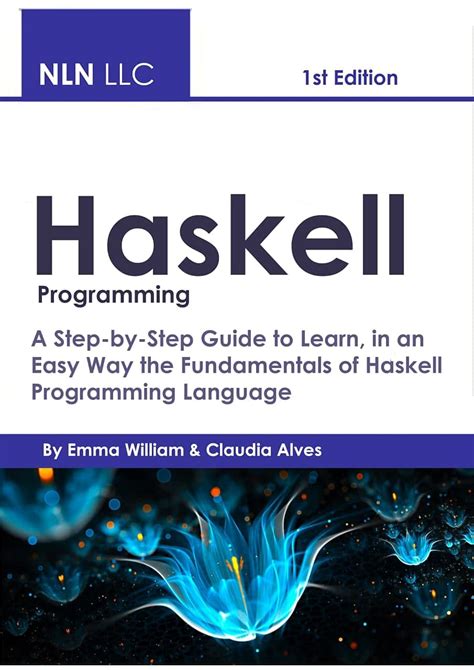The allure of Haskell lies in its revolutionary approach to programming, captivating both novices and seasoned programmers. As users discuss the practicality of Haskell compared to languages like Rust and OCaml, a common theme emerges – the unique syntax and concepts of Haskell require a paradigm shift in thinking. While some find the language perplexing at first, it opens the door to a new world of possibilities once understood.
One of the central features that sets Haskell apart is its lazy evaluation, which influences everything from monads to IO operations. The discussion around monads in Haskell showcases a range of opinions, from viewing them as a design pattern for sequencing operations to recognizing their role in handling side effects gracefully. Monads are not just abstract concepts but practical tools that enable robust error handling and composition in Haskell.
The Haskell community is known for its passion and dedication to the language, evident in the lively debates and insightful exchanges among users. From exploring the challenges of mastering monadic IO to delving into the intricacies of Haskell’s type system, programmers share their experiences and offer advice on navigating the complexities of the language. The emphasis on functional purity and immutability sets Haskell apart from traditional languages, paving the way for elegant solutions and creative problem-solving.
While Haskell’s syntax may initially appear dense and unfamiliar, its beauty lies in the power it offers once grasped. Users highlight the benefits of dedicated function composition, curried functions, and partial application of operators as features they appreciate in Haskell. The language’s propensity for abstraction and architecture design is both a strength and a challenge, pushing programmers to think beyond conventional paradigms and explore new ways of structuring code.
As the conversation delves into the nuances of Haskell’s syntax and design choices, contrasting opinions emerge regarding the language’s learning curve and practicality. While some programmers express frustration with the steep entry barrier posed by monads and immutability, others find joy in the language’s elegance and expressive power. The path to mastering Haskell is filled with twists and turns, requiring patience, practice, and a willingness to embrace new concepts.
From tackling real-world problems in Haskell to reflecting on the evolution of functional programming paradigms, users share their journeys of growth and discovery in the world of Haskell. Whether grappling with the intricacies of lazy evaluation or exploring the possibilities of monadic IO, each interaction in the Haskell community contributes to a vibrant tapestry of knowledge and experience. As programmers navigate the complexities of Haskell, they carve out a unique space for innovation and experimentation within the realm of functional programming.
The evolution of Haskell as a language mirrors the dynamic landscape of software development, with each feature and design choice sparking new discussions and insights among users. The interplay between theoretical foundations and practical applications in Haskell underscores its position as a language that encourages exploration and learning. By venturing into the realm of Haskell, programmers embark on a journey of discovery, challenge, and creativity that reshapes their approach to problem-solving and programming.
In the ever-expanding universe of programming languages, Haskell stands out as a beacon of innovation and intellectual curiosity. While debates rage on about its syntax, monads, and practicality, one thing remains clear – Haskell has a devoted following that continues to push the boundaries of programming paradigms. As the cult of the Haskell programmer grows, so too does the legacy of a language that challenges conventions and inspires a new generation of developers to think differently and code boldly.


Leave a Reply